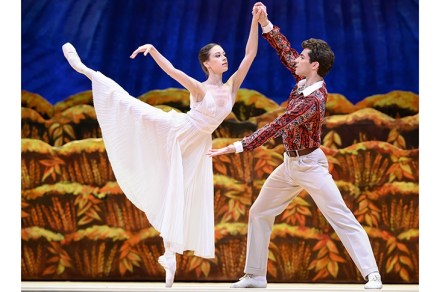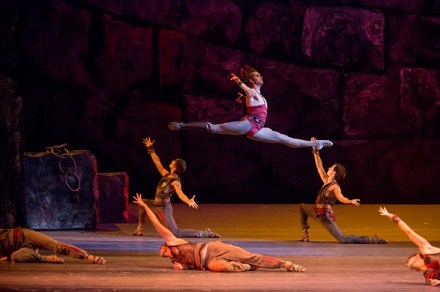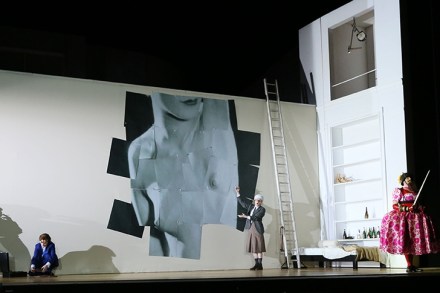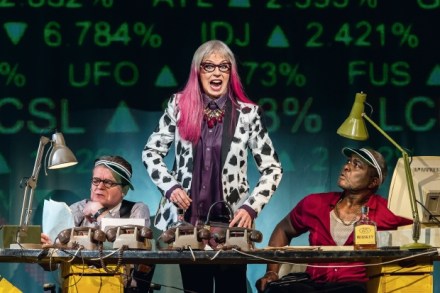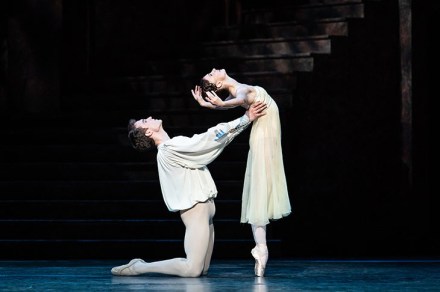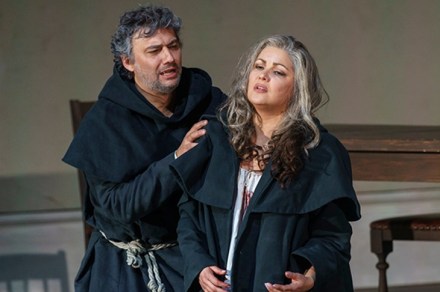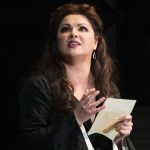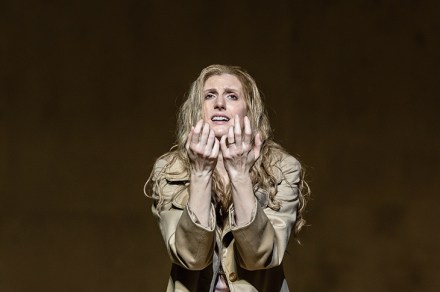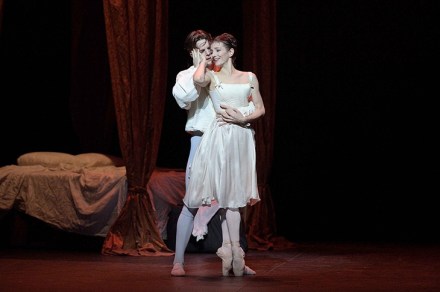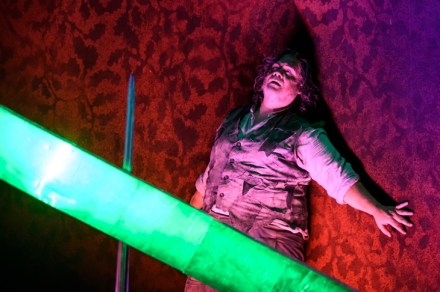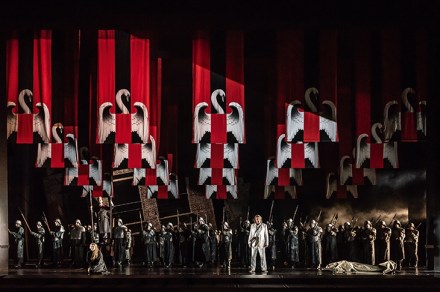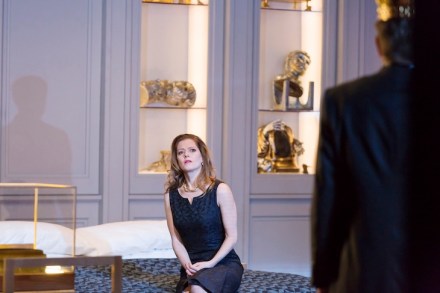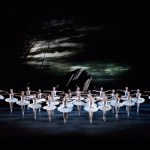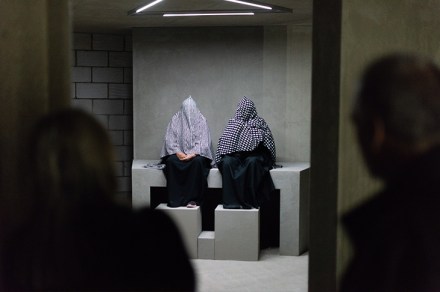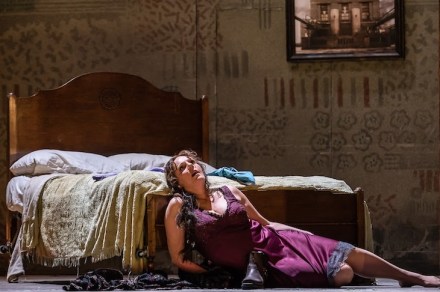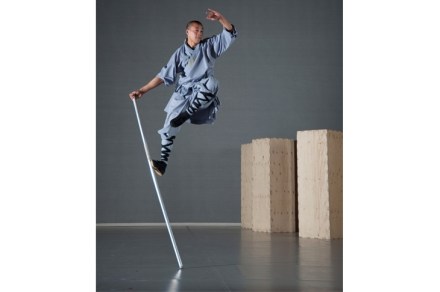Handsome and revivable but I wasn’t moved: Royal Opera’s Death in Venice reviewed
Premièred within two years of each other, Luchino Visconti’s film and Benjamin Britten’s opera Death in Venice both take Thomas Mann’s novella as their starting point. But from shared beginnings the two works diverge dramatically. The cloying visual beauty of the film, its pink-and-grey vision of Venice swaddled in Mahler strings, couldn’t be further from the stern, self-loathing austerity of Britten’s last opera, whose beauty is much harder won. The sea that pounds and dashes the Suffolk coast in Peter Grimes is lulled in Death in Venice into the queasy, syncopated swell of the lagoon, a miasma of heat and sickness rising from its waters. The vistas from the Lido


